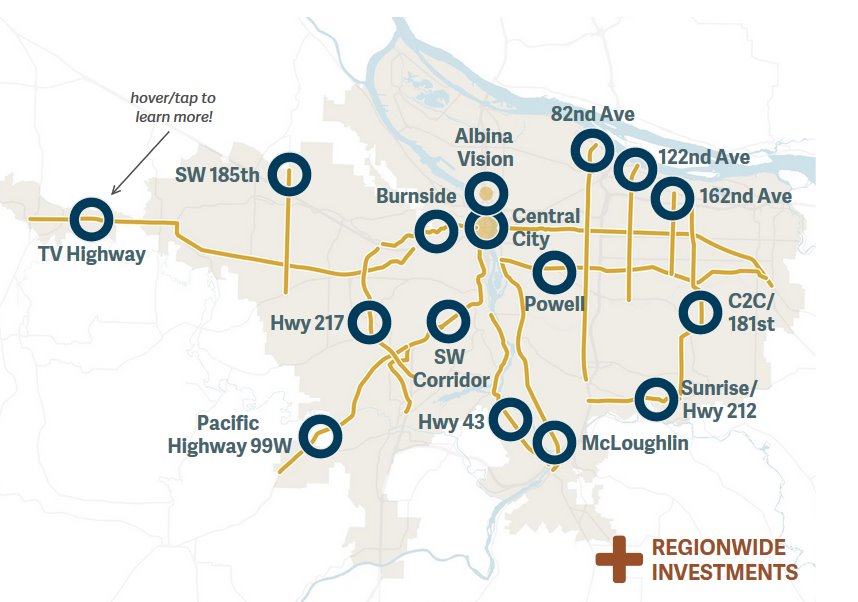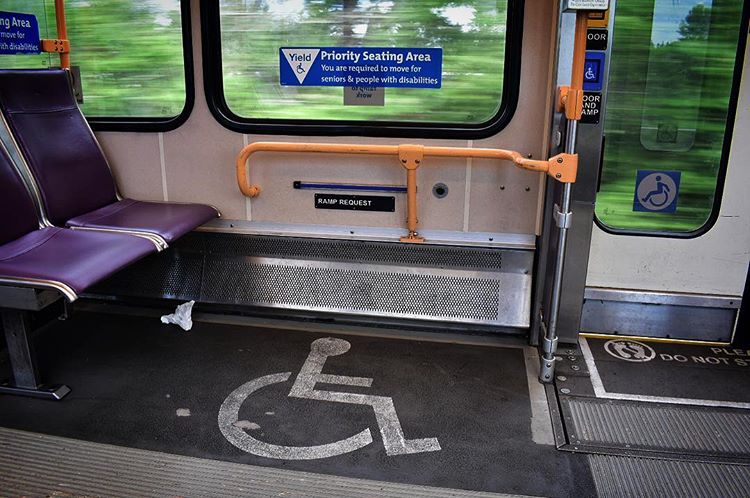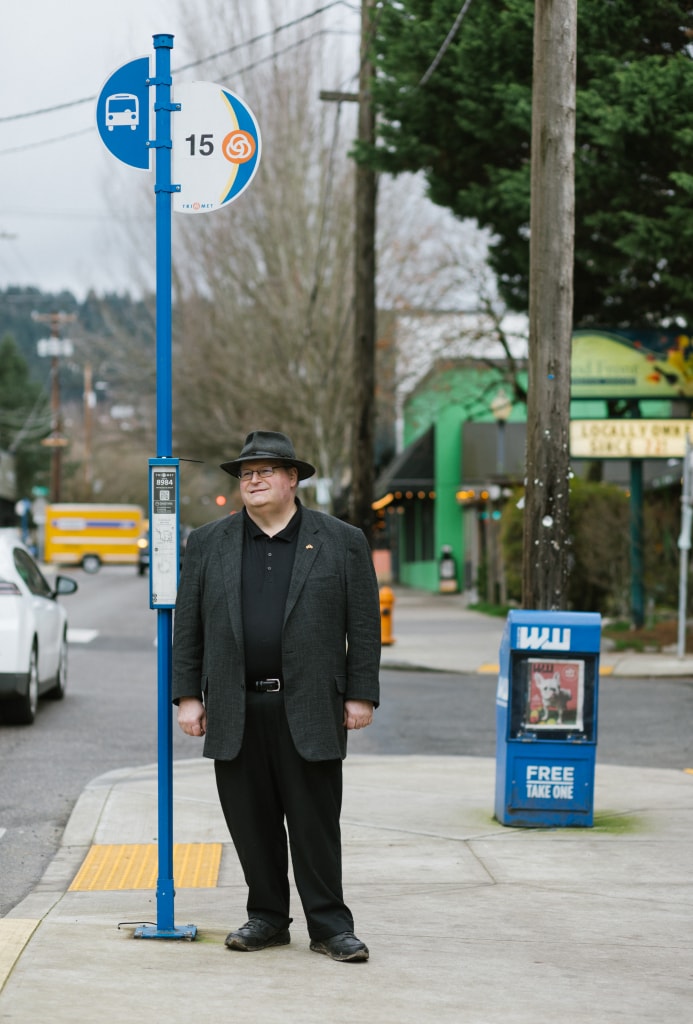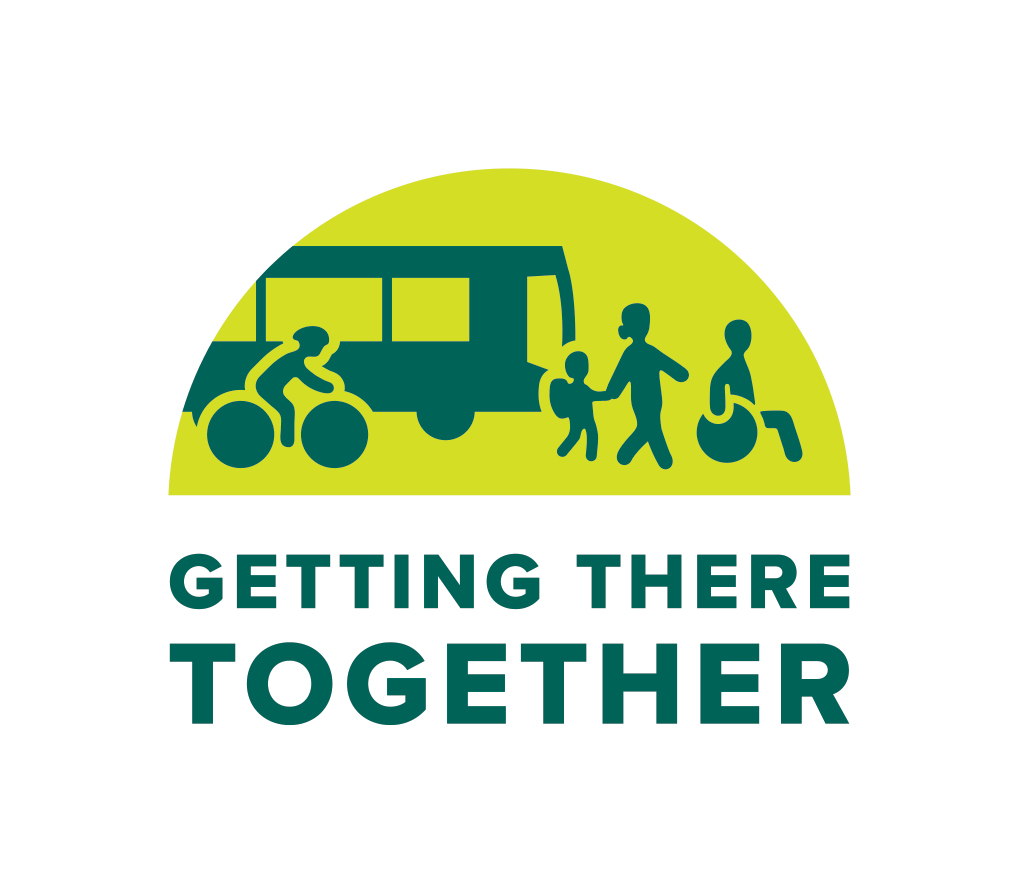I won’t keep you in suspense – I plan to testify later this week in support of Metro placing the Get Moving measure on the November ballot. I will squeeze some subset of the thoughts below into three minutes of testimony.

This will not be an unreserved endorsement, and my fellow transportation advocates are split on this measure. Some have withering (and not invalid) criticisms of the SW Corridor light rail project. And others point out that the package of investments does not significantly move the needle on transit mode share – something essential to our climate goals. But on the whole, most advocates are part of the Getting There Together Coalition, who has worked hard to improve the package and are supporting the referral. I’m appreciative and supportive of their efforts and position.
The Yardstick
What should we expect transportation investments to do? Many things, including critically:

- Provide access to jobs, housing and economic opportunity
- Improve safety
- Make the transportation system more equitable
- Reduce Greenhouse Gas (GHG) emissions
The proposal fails in particular on the last dimension. According to the staff evaluation, it is effectively neutral with respect to Vehicle Miles Traveled (VMT) and GHG. Even being neutral is a vast improvement over the road-heavy package of investments TriMet was looking at three years ago! But we still have to address the fact that transportation is now 42% of regional GHG and is growing.
This package makes significant progress on the other goals, and I’m particularly happy with YouthPass! We owe a big debt of gratitude to the Multnomah Youth Commission, Sisters in Action for Power, OPAL Environmental Justice Oregon and all the folks who have nurtured the development of this program over the years.
I also applaud Metro’s commitment to equity, as represented by targeted investments in East Multnomah County and on deadly roads like Washington County’s TV Highway. Fixing these dangerous arterials by investing in safer intersections, better sidewalks and bus lane improvements represents significant health, mobility, and quality of life improvements to the parts of our region with the largest BIPOC and low-income communities. And the $65M directed at Albina Vision is a particularly welcome investment here in District 5.
There are other elements I don’t like (Airport Way overpass for example) but on balance these are good projects, and the “better bus” components will enable transit to get around cars when we add more transit service in the future – a critical enabler for what has to come next.
What’s Missing?

We won’t successfully address our transportation GHG until we do two big new things beyond this package:
- Create a comprehensive approach to Transportation Demand Management. This will mostly likely look like some form of Congestion Pricing.
- Dramatically improve the quantity, frequency, and convenience of transit in the region. We can’t do this nearly quickly enough with Light Rail, so this means a lot more buses.
We also need to continue and accelerate building more housing near transit. State level policy on some form of carbon pricing will also help if it eventually comes to pass.
Those are bigger than one ballot measure, but let’s all be clear that we’re not really addressing climate change in our transportation system until we grapple with them!
The Revenue Source and Timing

We’re going to hear a lot about the appropriateness of using a payroll tax and of launching it in the middle of the pandemic-driven recession.
I agree that it’s not an ideal tax. Taxes are a policy choice in themselves, as taxing something discourages it, and we don’t want to discourage payroll!
I’d much rather use some kind of carbon tax, or even a vehicle registration fee that is made progressive by linking it to vehicle value, size or weight. I fully agree with Metro Council’s choice to take a flat vehicle registration fee – which would be highly regressive – off the table.
The reality is that Metro has a limited range of taxing authorities, and the ones I’d like are not on the table right now. As a Metro Councilor I’ll work to put more progressive and green revenue options on Metro’s legislative agenda. But we have to move forward now using what’s possible.
And if this tax really is a drag on the local economy when it is first collected in 2022, Metro Council has the authority to reduce the tax rate (presumably to zero if they wanted) – of course they’d have to adjust the projects and programs if they did that. I don’t think that argument is a reason not to go to the ballot this year – but it will clearly be a big issue in the campaign.
Wrapping Up
This measure is not by itself a solution to climate change, but it’s a useful and probably politically necessary first step. Let’s build some momentum and then go on to address demand management and higher transit frequency!
I’ve been involved in discussions about a regional transportation measure since the early years of the century when I served on TPAC. It’s time!
Join me, members of the Getting There Together Coalition, and other community advocates at Metro’s hearing to refer the measure this Thursday.
